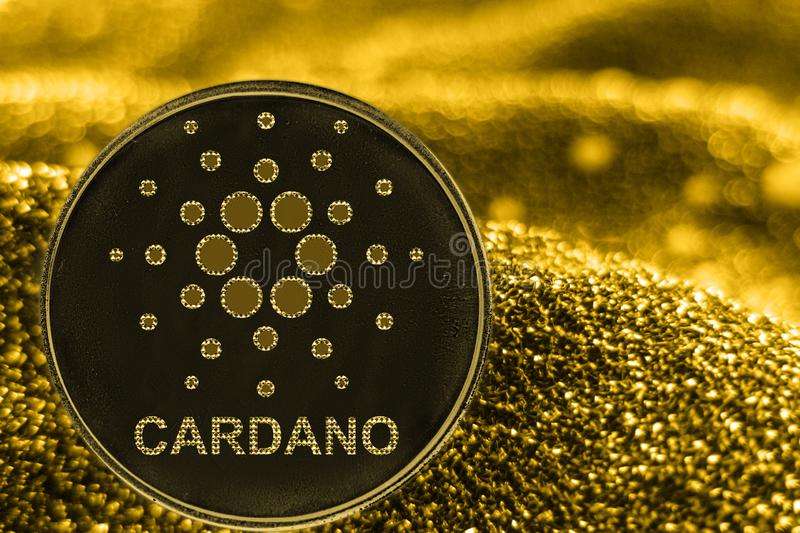- The ISO 20022 standard is becoming the new norm for global financial communication, enhancing data handling and processing in financial transactions.
- Nine major cryptocurrencies have adopted the ISO 20022 standard, integrating more closely with traditional financial systems.
The ISO 20022 standard is redefining the landscape of electronic data exchange. Originally designed for conventional banking transactions, this standard has extended its reach to encompass the dynamic world of cryptocurrencies, heralding a new era of interoperability and standardization in financial communications.
ISO 20022, an advanced protocol designed by the International Organization for Standardization, is distinguished by its ability to convey rich, structured financial data. Unlike its predecessors, this standard supports extensive data volumes and rapid processing, critical for modern financial operations such as real-time payments, compliance checks, and fraud prevention. Its adoption signifies a substantial shift from the 50-year-old SWIFT messaging system, setting a new benchmark for efficiency in the financial industry.
Cryptocurrency’s Integration into Mainstream Finance
The widespread implementation of ISO 20022 has profound implications for the cryptocurrency world. Quant (QNT), Ripple (XRP), Stellar (XLM), Hedera (HBAR), IOTA (MIOTA), XDC Network (XDC), Algorand (ALGO), Cardano (ADA), and Verge (XVG) have successfully aligned with the ISO 20022 standards. This compliance signifies a crucial step towards legitimizing cryptocurrencies in the global financial landscape. Each of these digital currencies brings unique technological innovations and applications, contributing to a more integrated and efficient financial ecosystem.
Quant is at the forefront of bridging the gap between blockchain and traditional finance with its Overledger platform, facilitating cross-chain transactions and interoperability. Ripple’s XRP, known for its rapid and efficient cross-border payment solutions, employs a unique consensus mechanism to enhance transaction speeds. Stellar’s focus on low-cost, cross-border transactions positions it as a key player in financial inclusivity. Hedera Hashgraph, with its high scalability and energy-efficient consensus algorithm, offers a novel approach to decentralized applications.
IOTA’s Tangle technology is uniquely tailored for the Internet of Things, enabling microtransactions and data transfers. XDC Network’s hybrid blockchain approach focuses on trade finance and supply chain applications. Algorand’s Pure Proof of Stake consensus mechanism ensures rapid transactions and decentralization. Cardano’s research-driven approach targets scalability and sustainability in blockchain technology. Lastly, Verge’s privacy-centric design offers enhanced security for transactions.
Challenges and Opportunities of ISO 20022 Adoption
The transition to ISO 20022, however, is not without its challenges. Financial institutions and crypto companies must navigate a complex landscape of technological upgrades, regulatory compliance, and data security concerns. The cost of implementation, coupled with the necessity of upgrading or replacing legacy systems, poses significant hurdles. Additionally, the need for extensive training and resource allocation underscores the scale of this transformational shift.
For banks and other financial entities, adopting ISO 20022 promises operational efficiencies and improved data quality. The standardized format reduces manual interventions and transaction errors, providing a more streamlined and transparent transaction process. For the wider business community, the benefits extend to enhanced financial insights, enabling more effective cash management and treasury operations.
However, integrating ISO 20022 raises questions about the foundational ethos of cryptocurrencies, initially conceived as alternatives to traditional banking systems. Aligning with a global standard sparks concerns that this might dilute the core principles of decentralization and independence in cryptocurrencies.
ISO 20022’s Global Impact and Future Prospects
As the financial world braces for the full implementation of ISO 20022, its global impact is already becoming evident. Over 70 countries, including major economies like Switzerland, China, India, and Japan, have adopted the standard in their payment systems. This harmonization across borders is expected to facilitate smoother international transactions, promoting efficiency and reducing barriers in global trade.
Subscribe to our daily newsletter!
No spam, no lies, only insights. You can unsubscribe at any time.




